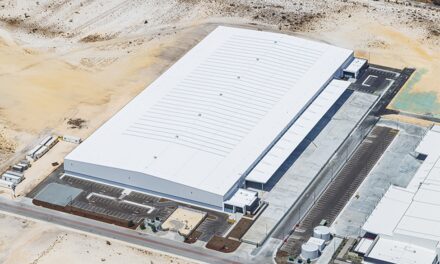
Australia Post delivers the goods
SYDNEY MORNING HERALD 22nd October 2001
AUSTRALIA POST DELIVERS THE GOODS
Who is Australia's most successful book publisher? Or the retailer that attracts about one million customers a day? For most, Australia Post would not be the first name that springs to mind.
Innovation and cutting edge ideas are not usually associated with an organisation seen by many as just a monopoly-guaranteed mail delivery service. But by coming in at number one in the reputation index, Australia Post has outperformed some of Australia's biggest and most successful companies and multinationals.
Back in the early 1990s, the doomsayers were warning that email and the Internet would chew away at its core business, that nifty express operators with inexpensive tailored distribution networks would target areas not protected by monopoly guarantee. Volumes would shrink, the best parts of the business would be delivered into the hands of competitors and post offices would shut down.
Instead, the reverse has happened. Since its corporatisation in 1989, Australia Post has increased its pre-tax profits six-fold to $391.9 million in 1999/00. Another increase is expected when it reports its annual profit this week. In 1990, its proportion of wages to revenue was 67 per cent. It is now 44 per cent.
Managing director Graeme John said only 15 per cent of the group's profit was in the reserved service where it still enjoyed a monopoly, and the metamorphosis has been achieved through the creation of a retailing and delivery culture aimed at cutting costs and creating new revenue streams.
"The whole wave of technology which was supposed to be obliterating postal services has created opportunities for us," Mr John said.
The traditional suburban post office was killed off, replaced by the ubiquitous PostShop that's popped up in every shopping centre around the country. Not only are they equipped with technology for processing bills, also they have been refurbished as stores flogging goods from books and Harry Potter greeting cards to computer accessories and calculators. Stamps and envelopes are available for anyone who still uses them.
Six or seven times a year, Australia Post puts out a book dedicated to the theme of the latest stamp release. Topics range from football to rock and roll – and they manage to sell up to 30,000 copies each time. At 110,000 copies, the annual Collection of Australian Stamps enjoys the biggest single print run in Australia.
Australia Post also operates Australia's largest financial services network. Its 4,491 outlets process 48 per cent of the nation's financial transactions. Also, the back office and delivery system have been revolutionised. Sophisticated automated mail processing systems, including barcode technology and optical readers, are among the latest innovations being introduced.
Australia Post was ranked number two for managing its 27,079 full-time and 8,458 part-time staff, ranked third on environmental performance, came equal 17th with Ford on social impact, 18th on management ethics/governance, and on financial performance, it came in at number 14.
Not surprisingly, given the scope of its operations and hold on postal services, it shared equal first with IBM Australia in the category of market position. While Australia Post's stategy has involved leveraging off its reputation of trustworthiness and credibility, Mr John said it was something that cannot be taken for granted and needed to be managed carefully. Australia Post spent $4.5 million on market research last year and has engaged consultants to get feedback from the community and businesses on where the organisation is heading and the mistakes it might be making.
"We monitor all those things on a regular basis," he said. "We monitor our complaints, we monitor what people think of us. We monitor our responsiveness and all those things we think will affect our public persona and performance."
By Leon Gettler











